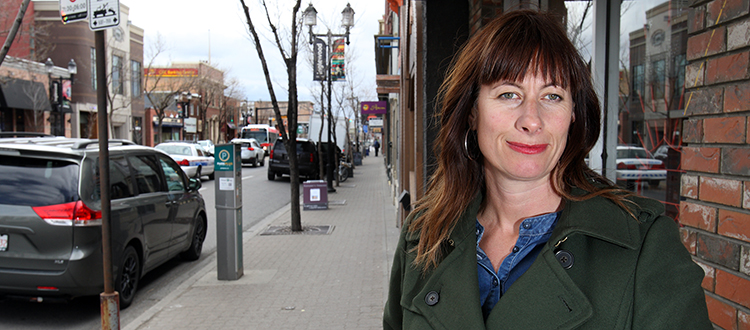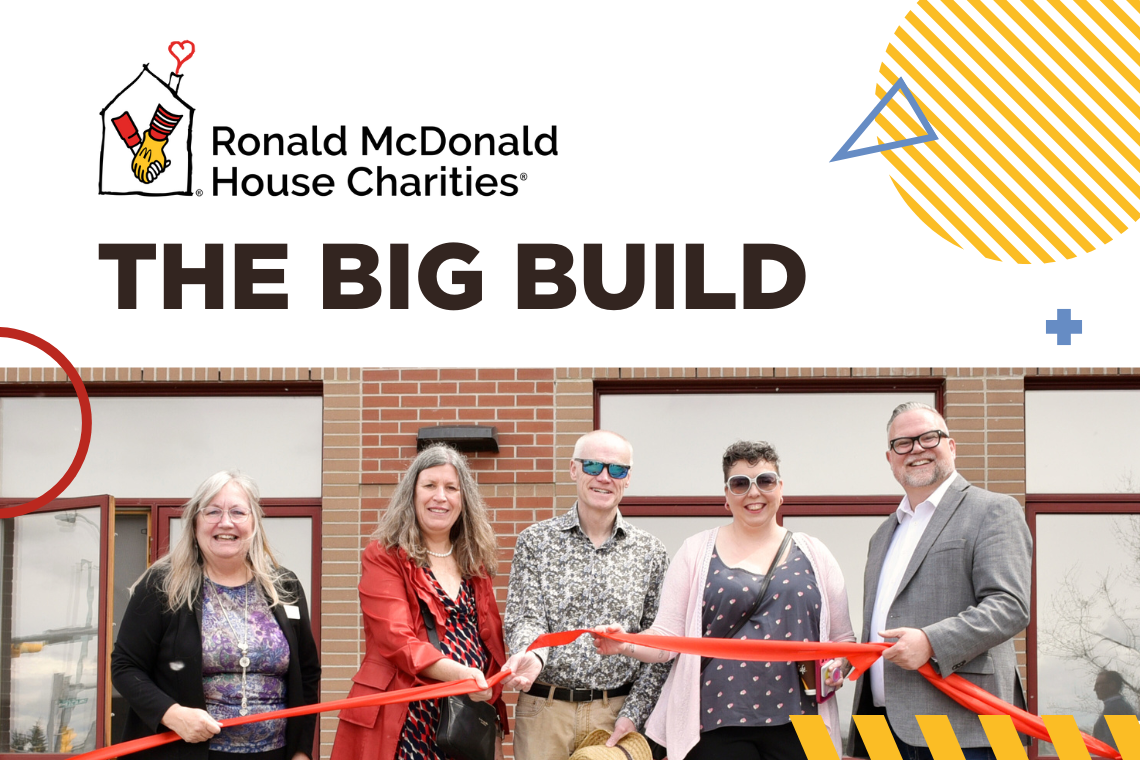
May 03, 2016 | Alex Frazer Harrison
Parking with benefits
Calgary to look at popular alternative to street parkingNobody likes paying for street parking, but imagine if the money collected went directly into improvements for the community where you parked.
That's the idea behind Parking Benefit Districts (PBD), a concept gaining traction in a number of U.S. cities and may be on its way to Calgary.
"Parking Benefit Districts provide a solution to that political problem (of charging for street parking) as it creates a mechanism where the revenue generated stays in that local area," explains Greg Morrow, who sits on the CalgaryPlanning Commission and holds the Parker Professorship in Metropolitan Growth and Change with the faculty of environmental design and Haskayne School of Business at the University of Calgary. "You can direct parking revenue into local improvements like sidewalks, or installing new themed street lights."
PBDs can cover on-street parking in business areas and revenue generated by residential parking permits. The City of Calgary isn't looking at residential parking yet, but council will receive a report in May on a parking revenue allocation policy that will cover existing pay street parking areas.
"(Communities are) excited about the possibility of receiving revenue to reinvest and are excited by the potential."
Chris Blaschuk, manager of the City's transportation strategy division, says the policy is one of a number of ideas underway to address parking in inner-city communities.
For example, the City is launching a pilot in Inglewood to add angle parking on some side streets; and on Fourth Street S.W. in Mission, the City is looking to allow parking in the northbound lane during the afternoon rush hour to improve business access during those hours.
Blaschuk said feedback to the allocation policy idea has been positive so far.
"(Communities are) excited about the possibility of receiving revenue to reinvest and are excited by the potential," he said. "We've done some research and we know it's been successful in other cities, and the business revitalization zones are looking for opportunities to improve investment in their areas and it aligns well with that."
The proposed policy is "nothing but good news" for the Inglewood Business Revitalization Zone and its members, said executive director Rebecca O'Brien.
"Inglewood is a little different from places like Kensington where there's more current residential right on the business area ... there's not so much of that here, but that will come," she said, adding the BRZ already has some ideas for the money. "(The BRZ) is about facilitating a strong pedestrian environment, and this will assist with that."
Streetscape improvements such as parkettes and street furniture are examples of what revenue could be used for, added O'Brien.
Ward 9 Coun. Gian-Carlo Carra said a PBD would allow an organization like a community association or BRZ "to have a capital budget that is funded (by parking revenue) – improving sidewalks, lights, things like that. You look at the amazing public realm in the East Village and it ... may pay for a community garden. (The policy) is our first kick at the can."
Carra noted the PBD concept is reflected in the Calgary Parking Authority's 10-year strategy, and is a way of looking at paying as a fee for service, with money collected used to improve areas where those paying for service might benefit.
PBD-based ideas have already started to turn up in several U.S. cities such as Pittsburgh that, as of March, was planning to extend parking meter operation hours and use the revenue to help fund public-safety improvements.
Portland, Ore., meanwhile, is looking at letting neighbourhoods "opt-in" to a paid parking permit system, with revenue used towards enhancing streetlights and fixing sidewalks.
While Carra says technology such as ParkPlus could allow the PBD concept to extend to residential streets – the 10-year plan calls for combining ParkPlus with residential permits – not everyone is keen on the idea of pay parking away from commercial areas.
Peter Khu, president of the University Heights Community Association, which has expressed concerns about traffic and parking issues related to a planned redevelopment of the Stadium Shopping Centre site, said PBDs "would anger a lot of residents if parking in front of their home turned into something they'd have to pay for.
"I would be skeptical to think it will improve the parking situation. The City has a number of tools to manage parking. For our community, the tools have to be applied very carefully. Putting a charge-for-parking scheme in the neighbourhood could really create more problems than it would potentially solve."
Blaschuk said if council approves the parking revenue allocation policy next month, funds could start to be set aside from 2017 revenue.
Tagged: Calgary Community | calgary parking authority | Calgary Real Estate | Calgary Real Estate News | Calgary Transportation | City Council | City of Calgary | Community | Gian-Carlo Carra | Inglewood | Parking | University Heights | YYCRE




